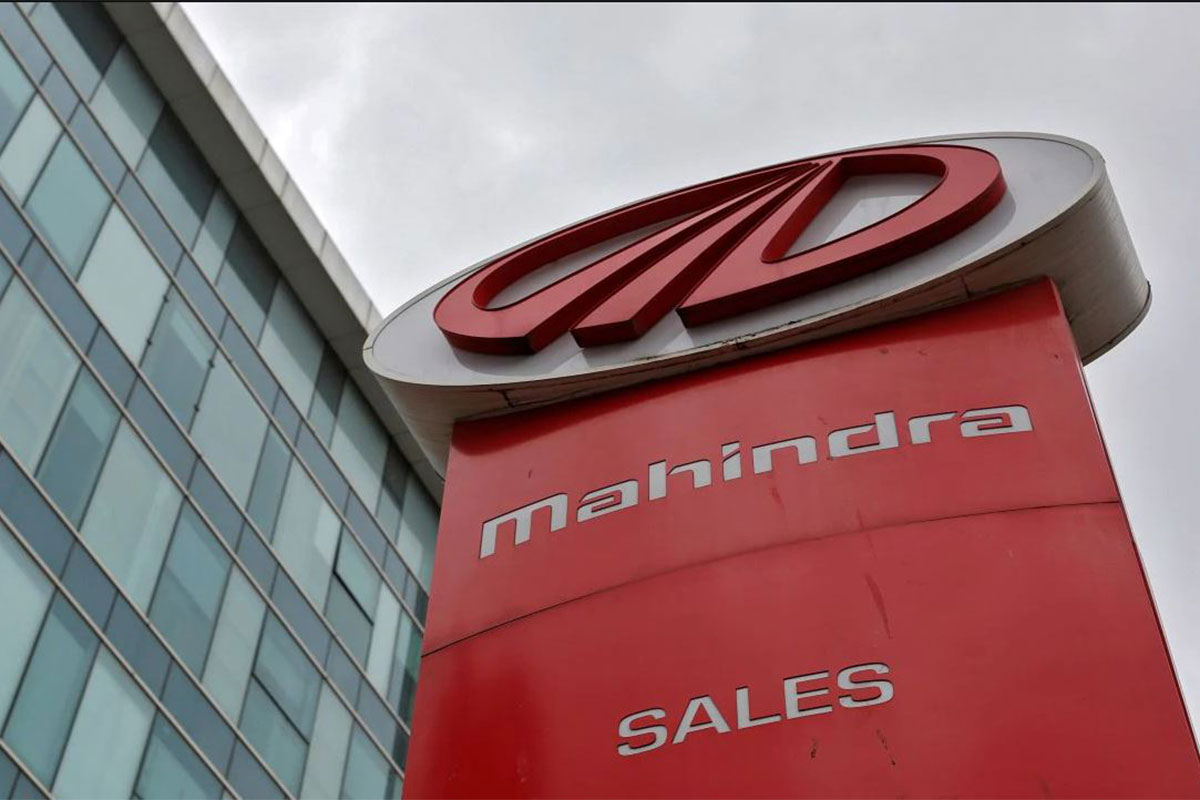Mahindra and Mahindra Abruptly Shuts Down Bangladesh Unit, Leaving Hundreds Unemployed
The Sudden Closure of Mahindra and Mahindra's Bangladesh Unit: A Blow to the Country's Auto Industry

Mahindra & Mahindra’s decision to leave the Bangladeshi market has sent shockwaves through the country’s auto industry. The company’s sudden departure, which it said was due to the bad state of the economy in the country, is a good example of the problems that foreign businesses face in the country as a whole.
Challenging Business Environment In Bangladesh: The Reason Behind The Sudden Closure
After making an unexpected exit from Bangladesh, Mahindra & Mahindra laid off a significant number of workers in that country. Since 2017, when it merged with a company called Nitol Motors that was already in the country, the company has been doing business there. The current state of the economy was given as the main reason why the company suddenly decided to stop doing business.
Over the past few decades, a lot of international companies have tried to start doing business in Bangladesh. It is tough and time-consuming to gain the necessary approvals and licenses in this country as a result of the complicated regulatory system that the government has in place. Because corruption is so widespread in this country, businesses are often the victims of bribery and other forms of extortion. Also, the fact that political events are hard to predict can make it hard to run a business and make plans for its future.

Challenges Facing Foreign Companies In Bangladesh
Because of the bureaucracy, corruption, and unpredictability of the government in Bangladesh, it can be hard for multinational companies from other countries to do business there. The rules and regulations in the United States are often hard to understand because they are so complicated. Because of this, it is more challenging for firms to function. Getting all of the required licenses and permits can take some time if you want to do it right. Depending on the company, the wait time could range anywhere from a few months to many years.
Because corruption is so widespread in this country, businesses are often the victims of bribery and other forms of extortion. Bangladesh is the 176th most business-friendly country in the world, according to the results of a World Bank survey on the “ease of doing business.” This highlights how difficult it is for companies to operate their businesses in Bangladesh.
Also, the fact that political events are hard to predict can make it hard to run a business and make plans for its future. Bangladesh has had a lot of protests and strikes for many years, which has caused political upheaval. This could reduce the efficiency of logistics and supply networks and make them more complicated.

Mahindra And Mahindra’s Joint Venture With Nitol Motors: The Background
Nitol Motors and Mahindra & Mahindra have formed a partnership with the intention of producing automobiles in Bangladesh and selling them there. The companies thought that the joint venture would help them grow their own markets, so they took part in it. Mahindra and Mahindra wanted to have a bigger presence in South Asia, while Nitol Motors wanted to have a bigger share of India’s growing market for cars.
Even though they got off to a strong start, the companies struggled to make a name for themselves in a sector that was extremely competitive. Because Japanese companies now control the majority of the car sector in Bangladesh, it is difficult for new players to enter the market.
Impact On The Local Automotive Industry: A Significant Blow To The Sector
Mahindra & Mahindra’s sudden decision to leave Bangladesh hurt the country’s auto industry in a big way. Since the company was one of the few foreign automakers with operations in the country, it was thought that it would help the industry grow.
The company’s decision to leave the industry will almost certainly affect the suppliers, dealers, and other businesses that work in the field. If the shutdown goes on as planned, there may be a decline in confidence among investors regarding the economy of the United States. As a result of Mahindra & Mahindra’s decision to shut down its factories in Bangladesh, it is highly unlikely that any other companies will choose to invest in the country. The economy of the country will suffer as a result of this.

The Ripple Effect Of Mahindra And Mahindra’s Exit On The Wider Economy
In the event that Mahindra & Mahindra went out of business, the effects would be felt beyond the confines of the automobile industry. The nation’s economy is already in poor condition, and things are likely to worsen in the near future. The COVID-19 epidemic has done a lot of damage to Bangladesh’s economy, slowed down progress, and caused a lot more people to lose their jobs.
If the businesses of Mahindra & Mahindra are shut down, these problems are likely to get worse. It is possible that the automotive sector and other associated industries will see a loss of jobs and economic activity if the company goes out of business.
Investors are likely to lose faith in the economy of the country because of the closing. Foreign companies may not want to invest in Bangladesh because of the problems they face and the risks that come with them.
The Way Forward For Bangladesh’s Economy
Mahindra & Mahindra was forced to stop doing business, which shows how important it is for Bangladesh to solve the problems that foreign companies face there. The government has put in place stricter rules to try to cut down on both unethical behavior and unnecessary bureaucratic red tape.
More work needs to be done in order to establish a culture that is supportive of business and welcomes international investment. This suggests that issues like political unrest, a lack of infrastructure, and corrupt government officials need to be addressed.
It will be easier to invest if infrastructure, including ports, highways, and power plants, is improved through investment. Also, it will help to improve the country’s logistics, which will make it much simpler for businesses to be successful.
Another essential concern is finding employment opportunities for people who possess the required skills. To ensure that there are adequate workers to support Bangladesh’s growing economy, the country needs to make investments in education and training. Because of this, it is vital to provide financial support for vocational training programs that teach people the skills they need to have in order to find jobs in industries such as vehicle manufacturing.

Conclusion
The sudden shutdown of Mahindra and Mahindra’s activities in Bangladesh is an illustration of how challenging it is for multinational firms to do business in the country. The shutdown is expected to have a big effect on the economy of the area, especially the auto industry and other businesses.
The government is responsible for working to improve the economy and bring in investment from other places. Some of the problems that need to be fixed are things like widespread corruption and political chaos, as well as a dearth of physical infrastructure. If companies want to hire people with the necessary skills, they need to make sure they invest in their employee’s education and training.
The decision by Mahindra & Mahindra to end their business operations in Bangladesh should not go unnoticed in Bangladesh. For the economy to grow and for people to come up with new ideas, the government must force multinational companies to cut costs in a big way.




